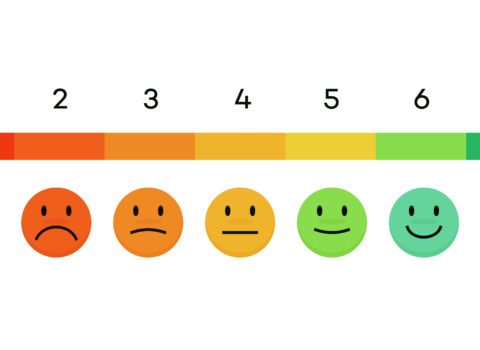
The potential of incentivized savings programs in combating education poverty
Interim findings of the FBK-IRVAPP evaluation presented at the final conference of WILL "Educating for the Future"
In Italy, as in many other countries, there are wide disparities in education opportunities based on family socioeconomic status, which develop from the earliest years of schooling and result in differentiated drop-out risks. Despite being enshrined in the Constitution, the right to education, particularly schooling, appears to be highly fragmented and underfunded.
Incentivized savings: a possible solution?
WILL “Educating for the Future” is a national trial specifically aimed at understanding whether providing low-income families with an incentivized savings account dedicated to their children’s education could be considered a way to increase their likelihood of successfully completing secondary school.
The program is dedicated to 10-year-olds from low-income families (average ISEE around €5,000) who are at risk of failing to invest in their children’s education. It provides for families to save small amounts of money weekly (€1 to €6), up to a maximum of €1,000 over the 4-year project period. The amounts saved are multiplied by 4, provided the money is used for proven school expenses. This means that a family that saves €1,000 will end up with an additional €4,000 that can be spent on items such as the purchase of books and digital technology for school, school transportation, enrollment of children in sports activities, and other school expenses.
In addition to the savings account and multiplier, families and children/youth are supervised and assisted by educators who provide financial education, school guidance, and educational support.
Why should it work?
The hypothesis is that savings programs succeed in improving the educational outcomes of the children of low-income families when families are involved. Beyond the transferring of money, which is also typical of more traditional instruments such as scholarships, and which allows them to lower the costs associated with education, savings programs intend to influence family education expectations. The idea is that families, by co-participating in the building of dedicated financial assets, will develop a feeling that the goal of sustaining their children’s long-term education steps is within their reach, and will thus put into place actions consistent with that goal.
Key results three years after the project’s inception
Program evaluation is carried out by experimental method, i.e., by random assignment of participants to either a treatment group or a control group. The trial was conducted between 2019-2023 in four Italian settings-Cagliari (province), Florence, Teramo and Turin-and involved nearly 500 students.
Preliminary results about three years after the start of the project indicate that families in the treatment group save more than families in the control group and setting aside money does not affect their ability to meet daily expenses.
On average, during the first three years of the project, households accumulate about €600. However, this figure is significantly lower for households with lower incomes (ISEE below €5,000) than for those with higher incomes (ISEE between €5,000 and €15,000). This different ability to save is also reflected in the resources that the program allows them to spend. Overall, families in the first 3 years spent about €2,300, and the largest items involved digital technology related items (surged during the months of distance learning), sports and books.
A second aspect of interest is that participation in the program succeeded in raising education aspirations and expectations of parents with lower incomes. Finally, there are some positive impacts on school performance, and again this is observed particularly for kids from families with lower incomes, who showed an increased likelihood of obtaining a high test score (9 or higher) in their middle school final exam and a drop in episodes of irregular attendance (e.g., unexcused absences, arriving late to school).
Lessons learned and next steps
Overall, WILL’s evaluation, when read together with findings from previous research, suggests that school savings programs can be an effective tool in combating education poverty in our country.
Although they are not conclusive, the results indicate the existence of positive effects of the program on some dropout risk predictors, particularly for families with lower incomes. These, however, are also the households with lower saving capacities, which therefore benefit less from the financial incentive. This raises an issue of regressivity in the financial mechanism, which could be offset by corrective interventions such as the introduction of multipliers inversely proportional to the savings made or the provision of non-refundable deposits for households with fewer resources.
More info
WILL is a project co-funded by Con i Bambini, Compagnia di San Paolo, Fondazione Cassa di Risparmio di Firenze, Fondazione di Sardegna, Fondazione TerCas.



